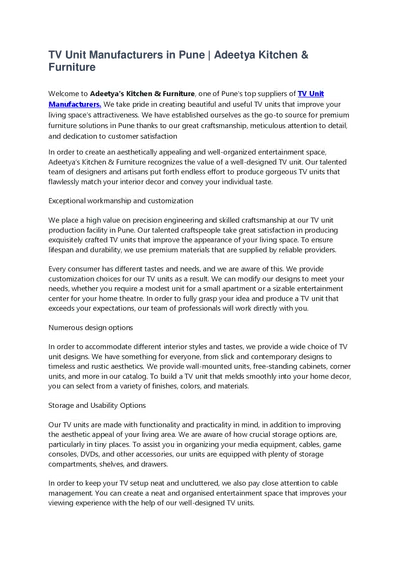PPT-Rights of the Accused Unit 4 Chapter 20 Section 3
Author : faustina-dinatale | Published Date : 2020-04-06
Writ of habeas corpus Definition To prevent unjust arrest and imprisonment the prisoner is to be brought before the court and the officer must show just cause why
Presentation Embed Code
Download Presentation
Download Presentation The PPT/PDF document " Rights of the Accused Unit 4 Chapter 20..." is the property of its rightful owner. Permission is granted to download and print the materials on this website for personal, non-commercial use only, and to display it on your personal computer provided you do not modify the materials and that you retain all copyright notices contained in the materials. By downloading content from our website, you accept the terms of this agreement.
Rights of the Accused Unit 4 Chapter 20 Section 3: Transcript
Download Rules Of Document
" Rights of the Accused Unit 4 Chapter 20 Section 3"The content belongs to its owner. You may download and print it for personal use, without modification, and keep all copyright notices. By downloading, you agree to these terms.
Related Documents














